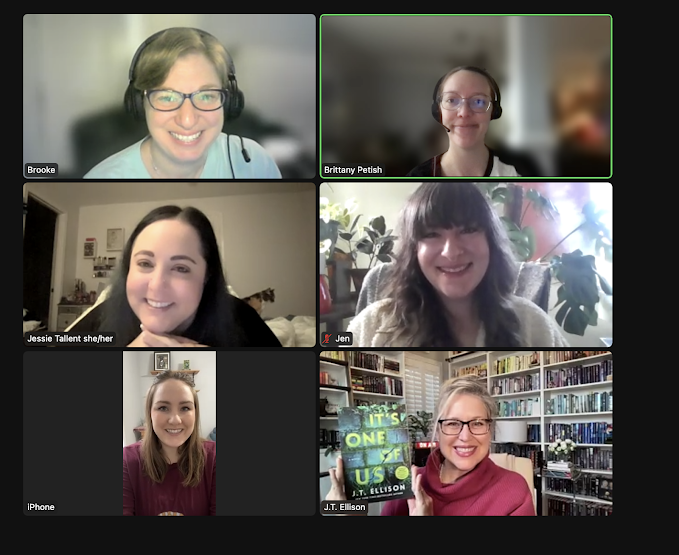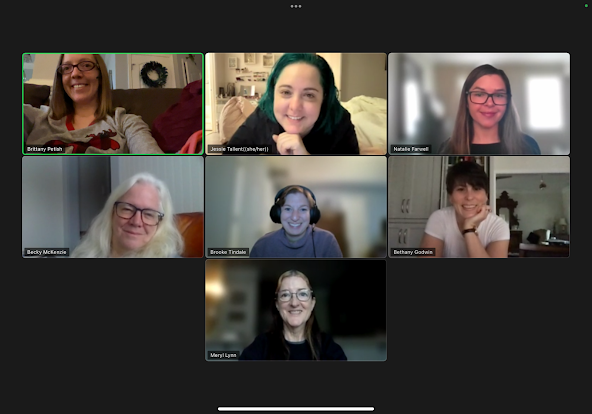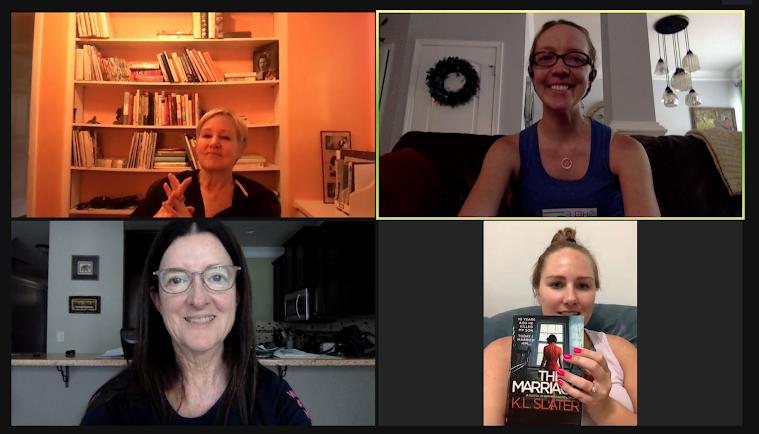A Conversation with Sarah Vaughan of Little Disasters
A Conversation with Sarah Vaughan
Q: What inspired you to write about a medical ethical dilemma?
A: I wanted to write another novel in which a professional woman has to make a tough call that will have a dramatic impact on others. Having created a female barrister in Anatomy of a Scandal, I decided to write about a female pediatrician whose judgment would have a profound effect on a child in her care.
I was also inspired by my surgeon husband, who has come home from being on-call having had to make similar safeguarding decisions. The decision to refer a child to social services may seem quite straightforward but there’s always the awareness of how emotionally distressing and disruptive this will be for a family who could be entirely innocent. I imagined how much more difficult that might be if the professional knew the family involved.
Q: What kind of research did you have to do in order to write from Liz’s perspective?
A: Some of the day-to-day information about being a doctor I had absorbed, as if by osmosis, through living with my husband, but I also interviewed several pediatricians and one of these was incredible in talking me through scans, reading through bits of drafts, and advising me on what I needed to change. I also read several recent memoirs by doctors. To research Jess and her background, I read about narcissistic parenting, interviewed a consultant obstetrician and a perinatal psychiatrist, and spoke to women who had experienced maternal OCD. I also read several books on the subject, including a textbook entitled: Dropping the Baby and Other Scary Thoughts, Bryony Gordon’s Mad Girl, and, on OCD more generally David Adams’s The Man Who Couldn’t Stop. I don’t think there was one standout piece of information I learned, just a gradual accruing of knowledge that meant I could write about such emotive subjects with increased confidence.
Q: Liz is such a strong, fresh character; were there any doctors from literature, film, or television who influenced her development?
A: No! Instead, I’ve drawn on women doctors I’ve come across in my research and socially. Liz is no one person but she does share their decisiveness and a certain inner strength and outward confidence that comes from having to make such decisions. Writing’s a career that allows for almost infinite possibility—the story could go in innumerable directions. In contrast, medicine demands that you step up to the line and make decisions. It’s something I’m fascinated by.
Q: You write from several characters’ perspectives; was there one narrator in particular you especially enjoyed writing?
A: Jess. I didn’t mean to feel such intense sympathy for her but as the novel progressed it was clear I felt closest to her—despite writing her in the third person and Liz in the first. I had very mild maternal OCD after my second child was born and I tend to catastrophize so it was very easy to get inside her head. In fact, at one point, I had to strip out pages and pages of her internal thoughts.
Q: Do you think Liz and Jess will remain friends?
A: Absolutely. They’re obviously very different, most notably because Liz’s identity is tied up in being a doctor and Jess has chosen not to return to work—and I think those different life choices can often create tensions between women. But I wanted the reader to conclude that, although they’d neglected their friendship, they could pick it up again and resolve to make it stronger. After all, they’ve endured some pretty emotional times: Jess has helped Liz see the importance of forgiving her mother, and Liz has helped Jess recognize that she has a mental health issue and needs help. (Even if it takes Liz far too long to get there; she really is a pitifully bad doctor in that respect!) The easiest thing would be for them to quietly drop each other, embarrassed and resentful; the hardest—but the most fruitful—is for them to build on this new honesty. At the end of the novel, I wanted to give them that chance; to show that, unlike Janet, who was isolated and friendless, they can rely on each other “when we’re exhausted, or anxious, or it all feels like a bit of a struggle.” Parenting can be tough, but I wanted to end with a sense of optimism and to show them sharing a high of motherhood: one of those “perfect, necessary moments” that will get them through.
Q: Was there a particular aspect of the parent-child relationship you especially wanted to explore?
A: I was interested in exploring protectiveness. Jess is overprotective. Apart from her desire to protect Frankie, her maternal OCD is actually a form of vigilance: by imagining terrible things happening to her children, she’s trying to ensure they don’t happen. (There have been no cases of mothers with maternal OCD harming a child.) Liz’s duty of care is to the children she treats. She has a duty to keep them safe as well as make them better. And Janet, Liz’s mother, failed to protect—both in neglecting Liz and Mattie, and, although she had postnatal depression, in smothering Claire. Charlotte, of course, is deeply irresponsible, and cruel, in not only not protecting Betsey but in exposing Frankie—and forcing him to take the blame. Motherhood has been the most profound experience of my life and the level of protection I feel for my own kids obviously fed into this.
Q: Did you know from the very beginning who had hurt Betsey? If not, when did you decide who the culprit would be?
A: Initially I thought Frankie was culpable and I wrote the first draft as if he had caused the accident and Jess had, understandably, lied to protect him and herself. Then I started thinking that that was too predictable and that there had been a slew of novels in which mothers protect children who commit crimes. I was intrigued by the tensions among a group of school-gate mothers who had only come together because they’d had children at the same time. I thought about the jealousies that could arise, particularly if one mother was married to a lost love—and that’s when Charlotte’s role increased.
Q: What scene was the most fun to write? Why did you enjoy writing it?
A: I loved writing the friendship group scenes—so the barbecue, the nightclub scene, or the book group. It was such fun to write a character like Charlotte, and to show these women interacting with each other. But I also loved writing Chapter Ten, the chapter in which we realize that Jess isn’t acting rationally. Her intrusive thoughts seem entirely reasonable to her on one level, even though she knows deep down they are irrational. Writing shouldn’t be therapy but, with the benefit of distance, I found this quite cathartic.
About Sarah:
Sarah Vaughan studied English at Oxford and went on to become a journalist. She spent eleven years at The Guardianas a news reporter, health correspondent, and political correspondent. Sarah lives in Cambridge with her husband and two children.




Comments
Post a Comment
Drop us a line and let us know what you thought about the book...